

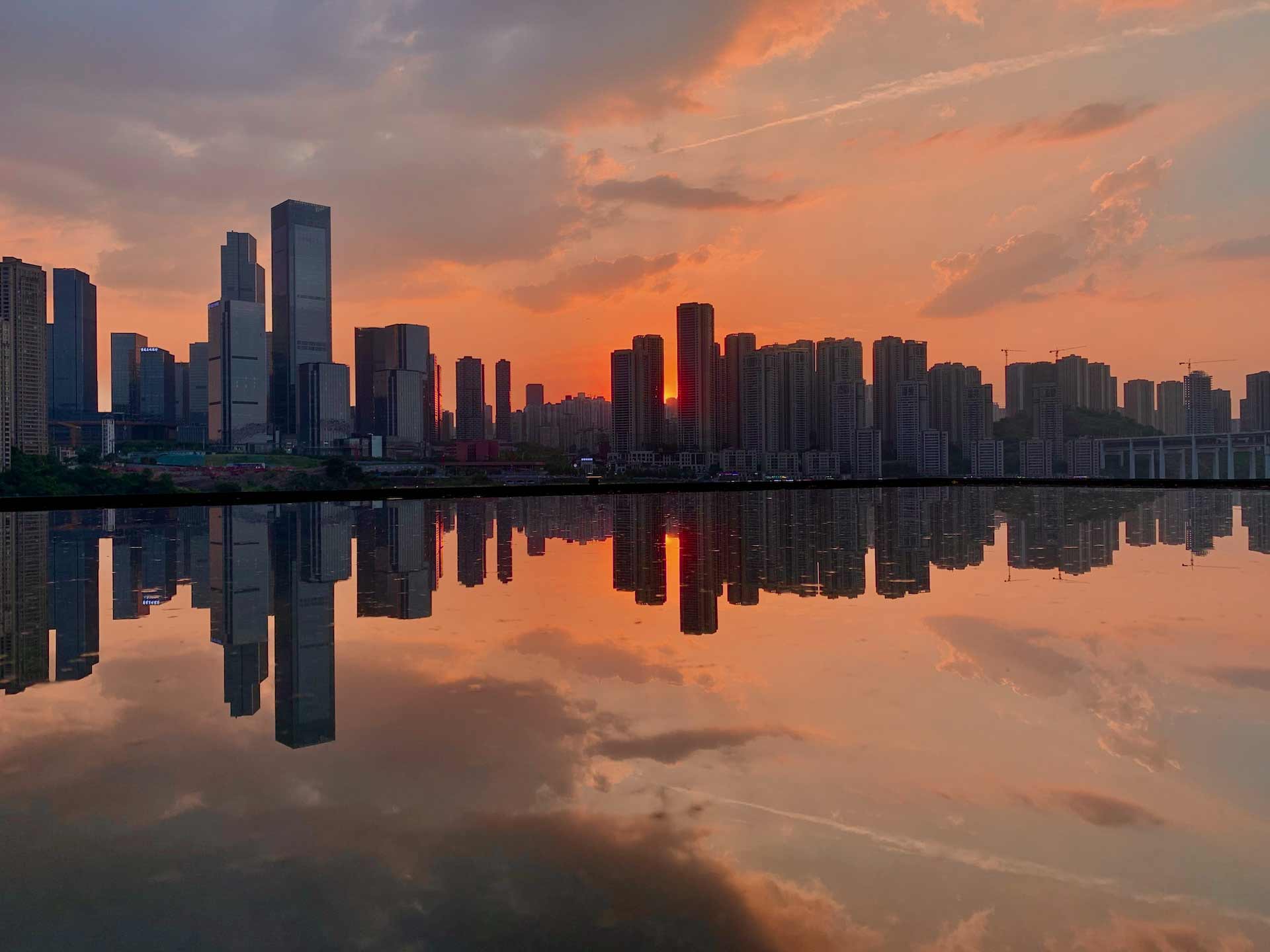
Chongqing – the city that’s often referred to as the ‘mountain city’ – is a place that many people have never even heard of, yet it turns out to be one of the most fascinating cities in the world when you really explore it. Chongqing is an ancient city that is home to over 30 million people who live in an area of over 80 000 km² (30 888 mi²). But where is Chongqing? In this article, we answer this question and 10 more of the internet’s most asked questions about the beautiful city of Chongqing!
Chongqing is located in the southwestern part of China and is part of the area that’s commonly referred to as the Sichuan Basin. It is also situated right in the meeting place of two of China’s most famous rivers these being the Yangtze River and the Jialing River.
Chongqing’s strategic location has played a significant role in its historical and economic importance. Positioned on the meeting place of these two rivers, the city has served as a vital transportation hub and a gateway to the rich natural resources of the region. Its close proximity to the waterways has contributed to its growth and development over the few decades and even centuries.
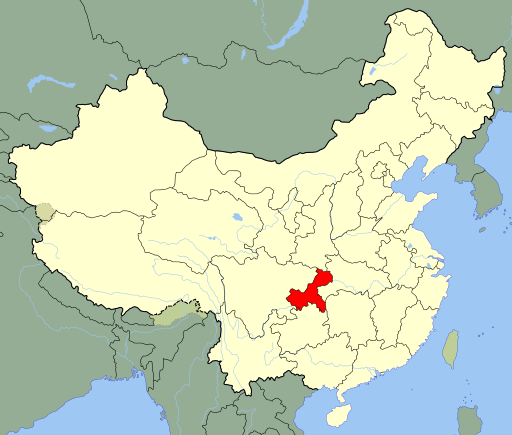

Chongqing is the largest city in China in terms of its geographical area coming in at an impressive 82 200 km² (31 737 mi²), and it’s one of the most significant megacities in the world. With an expansive land area, Chongqing surpasses the size of other major Chinese cities like Shanghai and Beijing. However, it’s important to note that the city’s land area is not entirely urbanized. This means that there are still many green areas and beautiful mountains that remain untouched within the city limits that only add to the city’s allure.
The sheer vastness of Chongqing’s territory provides a unique blend of urban and natural landscapes. Amidst the bustling cityscape, you’ll find pockets of tranquillity where the beauty of nature can be appreciated. The untouched mountains and green spaces offer residents and visitors alike an opportunity to escape the urban hustle and immerse themselves in the peace and calm of the surrounding nature.
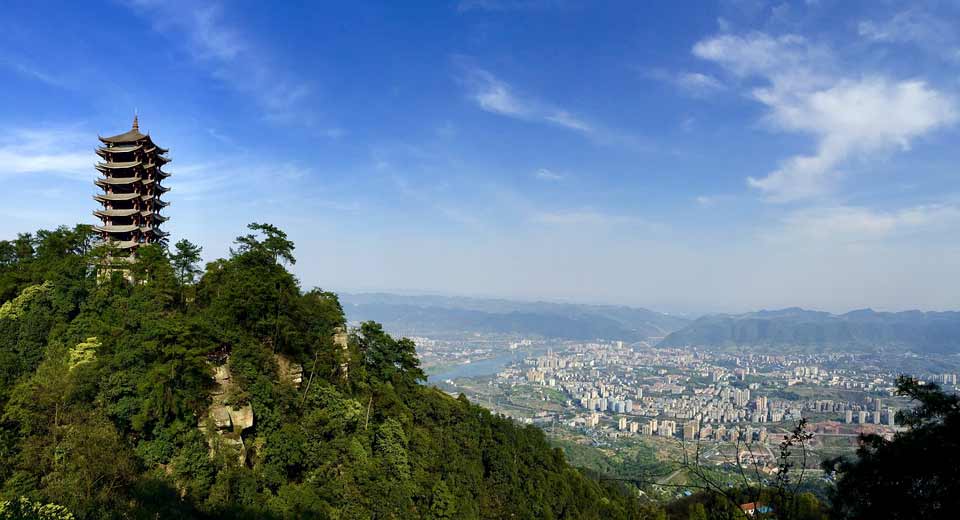
As of 2023, Chongqing’s population is well over 31 million people. This makes it one of the largest cities in the world in terms of population. It’s hard to believe that so many people can live in a single city, but Chongqing is more than capable of holding its own.
The dense population of Chongqing is a testament to its economic and cultural significance. The city attracts residents from all walks of life, seeking opportunities in various industries and sectors. Chongqing’s rapid growth and development have led to the establishment of a vibrant urban community that thrives on the diversity and energy of its inhabitants.
Chongqing is the largest city in the world in terms of its geographical land area, but it’s not the most populous city in the world. That title belongs to another East Asian country, this being Japan’s capital city “Tokyo”.
While Chongqing boasts the largest land area of any megacity in the world coming in at a whopping 82 200 Square kilometres (31 737 Square miles), its population density does not surpass that of Tokyo. Tokyo’s status as the most populous city reflects Japan’s unique blend of economic prowess, technological innovation, and cultural prominence. However, Chongqing’s sheer size and significant population make it a force to be reckoned with on the global stage.

Chongqing is one of the four municipalities that are under the direct jurisdiction of the central government of China. Even though historically it was located within Sichuan province, it is no longer considered part of Sichuan province. We will expand more on this in the next question.
Chongqing’s administrative status sets it apart from the provincial structure of China. As a municipality directly controlled by the central government, Chongqing enjoys a unique administrative framework that grants it a higher level of self-governance and economic decision-making power. This unique status enables the city to implement policies and initiatives tailored to its specific needs and goals.
Chongqing used to be part of Sichuan Province, but it was granted municipality status in 1997 by the central government of China. Since then, it has been governed directly by the central government.
The elevation of Chongqing to municipality status was a significant milestone in its history. The decision was made to accelerate the city’s development and unleash its potential as a key economic and cultural center in China. The direct governance by the central government has provided Chongqing with the necessary resources and support to chart its own course and grow an incredible amount since gaining its status as a municipality in 1997.
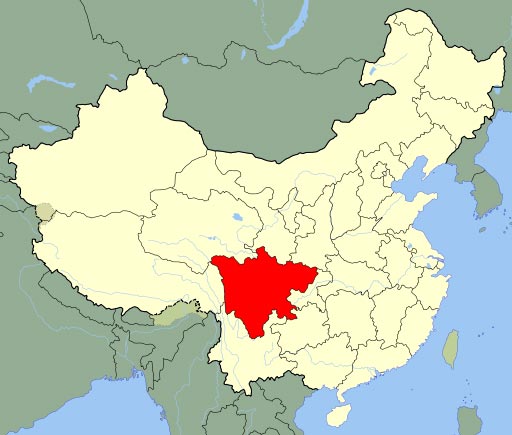
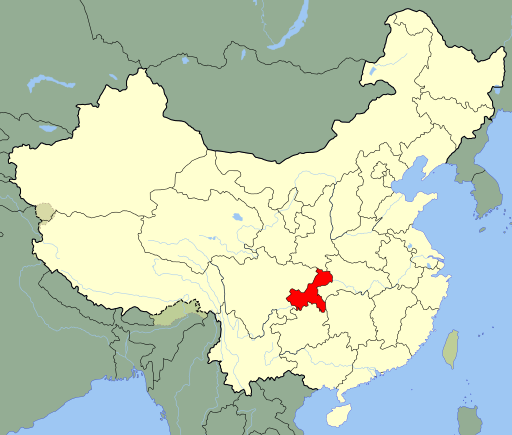
Chongqing has a humid subtropical climate with beautiful and frequent fog during the summer months. The winters in Chongqing are short and mild, and the summers are long, hot, and humid.
Chongqing’s climate is characterized by distinct seasons and humidity throughout the year. The summer months bring high temperatures and humidity, often accompanied by fog. Winters, although short, offer mild weather, making it a relatively comfortable time to explore the city. It’s advisable to check the weather forecast and pack accordingly, to ensure you are prepared to make the most of your visit to Chongqing.
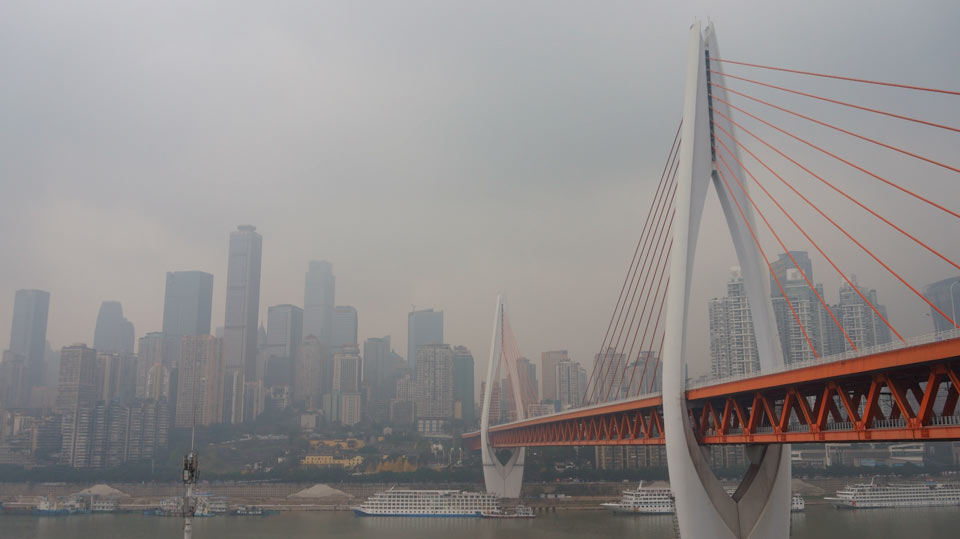

Most people outside of China pronounce Chongqing as CHONG-kee-ng, but the correct pronunciation is just simply “Chong-Ching.”
The pronunciation of Chongqing may seem unfamiliar to those not familiar with the Chinese language. The pronunciation ‘Chong-ching’ captures the unique tonal qualities of Mandarin Chinese, the predominant language spoken in Chongqing. Using the correct pronunciation while visiting Chongqing will not only demonstrates cultural respect but also enhances communication and understanding when interacting with local residents. While still on the topic of language, we will now move onto our next question!
The most common language spoken in Chongqing as we previously mentioned is Mandarin. While the majority of people can speak Mandarin, it’s worth noting that if you plan on traveling to more rural areas, it’s worth knowing that there are many regional dialects that can be spoken.
Mandarin Chinese serves as the “lingua franca” in Chongqing, enabling effective communication among the diverse population. (For those of you who might not know what “lingua franca” means here’s a quick definition for you “a language that is adopted as a common language between speakers whose native languages are different.”)
Being able to converse in Mandarin will undoubtedly help you communicate with locals, particularly in urban areas and tourist hotspots. However, as we previously mentioned, Chongqing’s cultural richness extends beyond just Mandarin, with various regional dialects being spoken in more rural and remote parts of the city. While traveling try to take note of the different dialects being spoken as this can further add depth to your cultural experiences while visiting Chongqing.
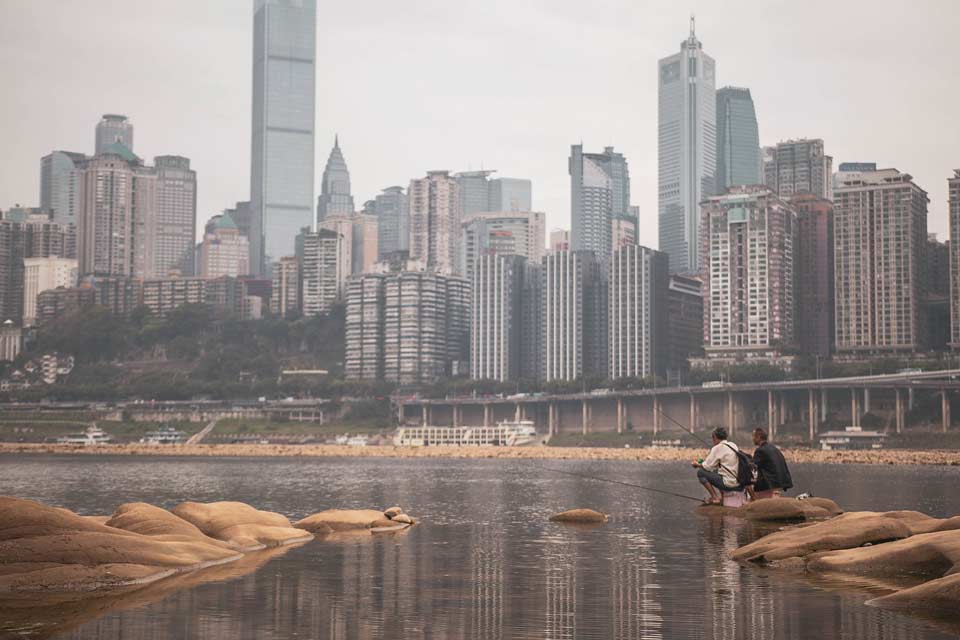
Chongqing is famous for many things a couple of these being hot pot – a spicy and delicious Chinese soup that’s quite popular in the city, its mountains, cruises on the Yangtze River, the Dazu Rock Carvings, and the Chongqing Zoo, just to name a few.
Chongqing’s fame transcends its geographical boundaries. The city has gained recognition for its unique culinary offering, the hot pot. This fiery and flavourful dish has captured the taste buds of locals and visitors alike, making it an iconic symbol of Chongqing’s culinary heritage.
Additionally, the city’s mountainous terrain adds to its allure, offering breathtaking landscapes and opportunities for outdoor enthusiasts. For people who like being outdoors near the water, there are also many peaceful cruses that are available on the expansive Yangtze River.
For history buffs there are the Dazu Rock Carvings, a UNESCO World Heritage Site, that showcase intricate stone sculptures that depict Buddhist themes and historical events, providing a glimpse into the rich cultural heritage of the region.
Finally, for those who are interested in the animals that can be found in China the Chongqing Zoo offers visitors the chance to observe and learn about a diverse range of animal species from not only in Chongqing and China but also from all around the world.
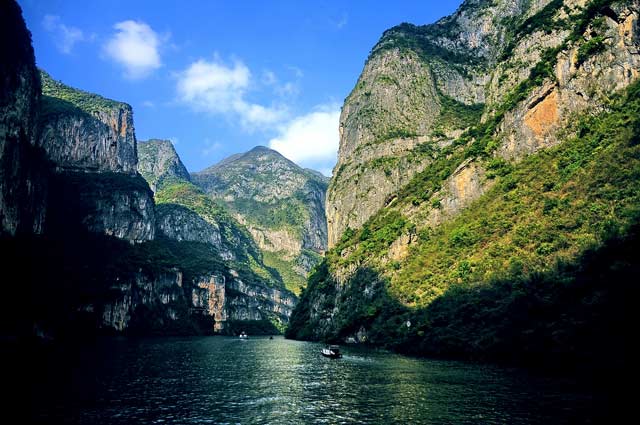
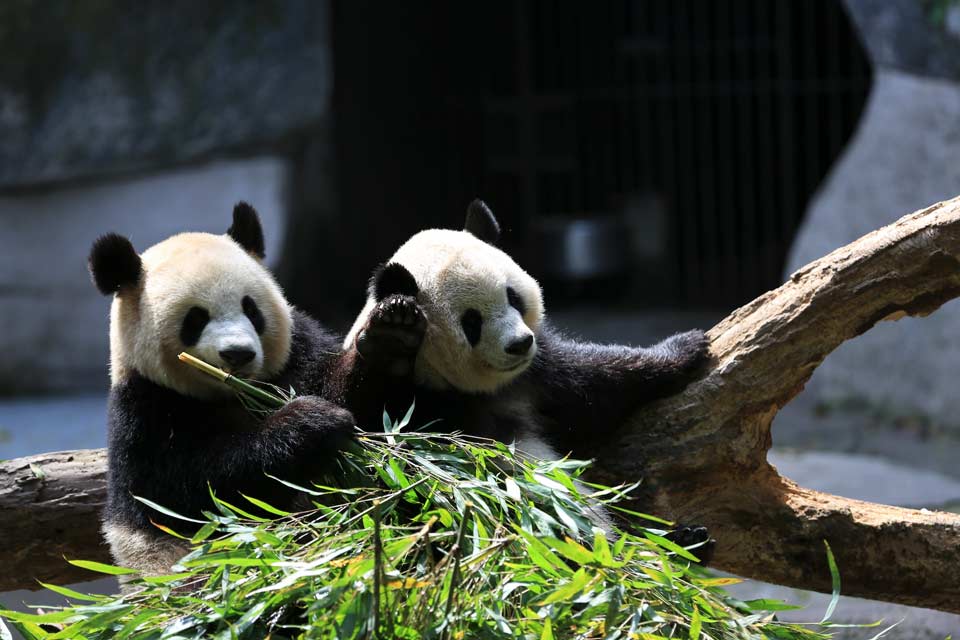
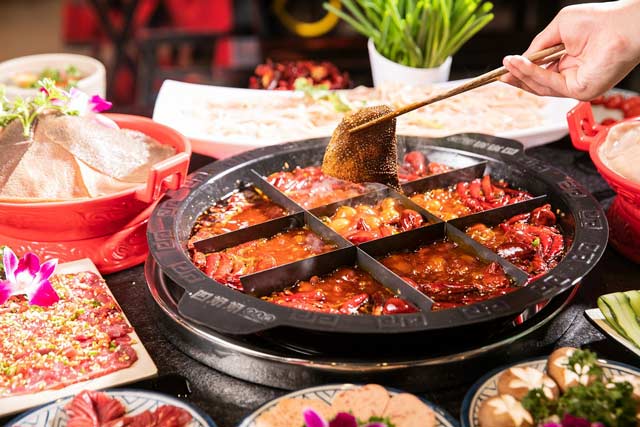

As explained in the previous section Chongqing is most well-known for its spicy hot pot cuisine. Hot pot is a soup-based dish that’s made up of various meats, vegetables, and spices.
When it comes to culinary delights, Chongqing’s hot pot truly reigns supreme. This iconic dish features a bubbling cauldron of spicy broth, simmering with an assortment of fresh ingredients. From succulent meats to crisp vegetables and a myriad of aromatic spices, Chongqing hot pot is a sensory experience that exemplifies the city’s culinary prowess.
Good news for those of you who are spice enthusiasts looking to try some extremely hot and spicy food. Chongqing is not only famous for its hot pot but also is spicy food! We can’t recommend visiting Chongqing any more than we already have if you like to eat spicy food as the people in Chongqing and the surrounding areas really, really love making and eating hot culinary delights.


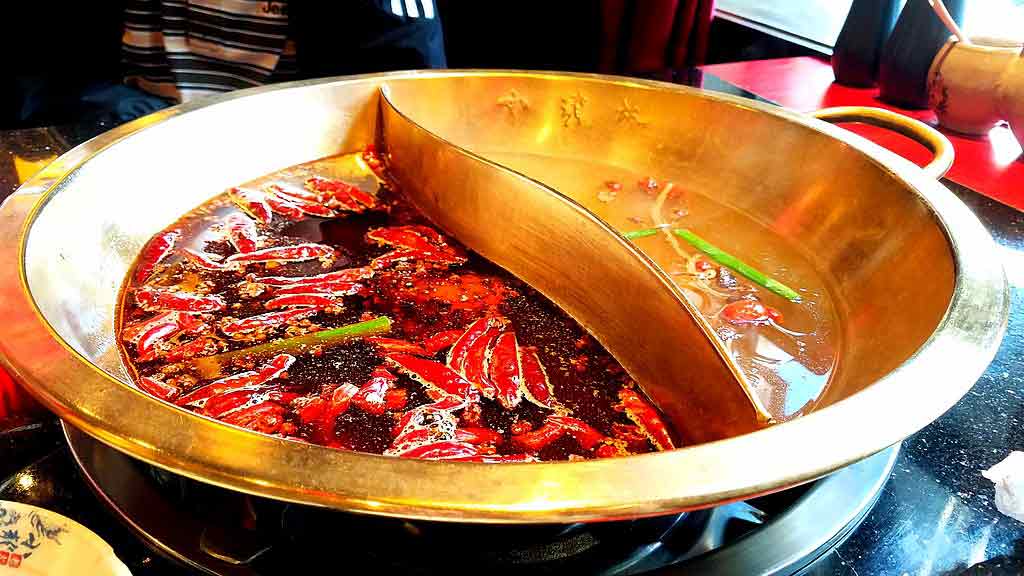
In conclusion, Chongqing is an incredible place that is jam-packed full of culture, history, and some of the best food China has to offer. It’s truly a city that’s well worth visiting and exploring further. From its strategic location at the meeting place of China’s famous rivers to its impressive population and unique administrative status, Chongqing has a unique story to tell. Its fame extends beyond its geographical borders, with culinary delights, natural landscapes, and historical landmarks that capture the imagination of travellers. So, pack your bags and embark on an incredible adventure to Chongqing – a wonderland in the heart of China.
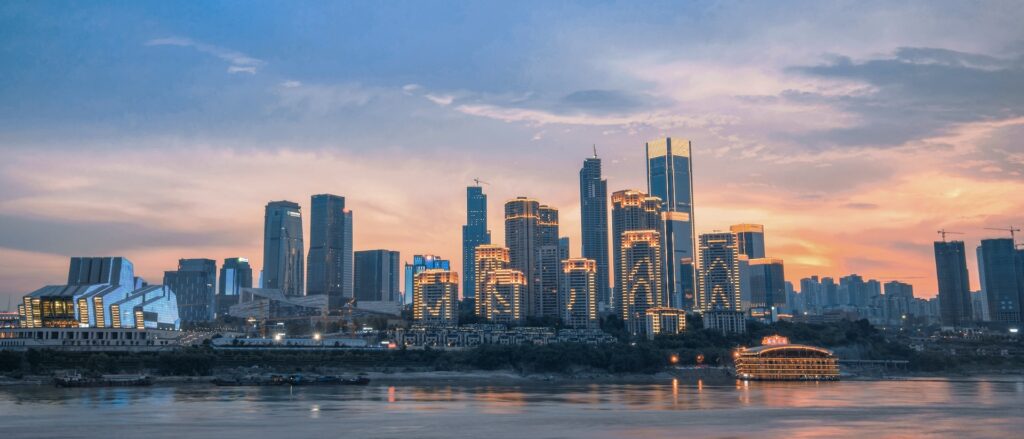
If you enjoyed this article and would like to see a similar one please click here to see our article on Shenzhen FAQs: China’s Thriving Megacity and Global Tech Hub!
And lastly, if you would like to read our article where we compile the largest cities in China please click here to see The 15 largest cities in China!